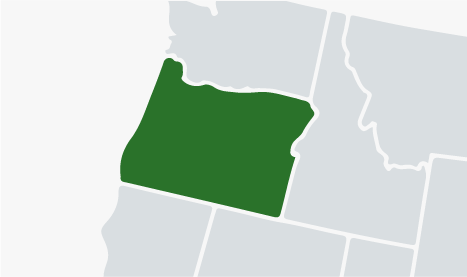Oregon’s strong anti-SLAPP law earned an “A-” grade in our 2022 Anti-SLAPP Report Card. Its principal previous defect was its lack of a provision explicitly guaranteeing a right to an immediate (interlocutory) appeal. Court decisions interpreted the law as containing such a provision, but, on May 8, 2023, Governor Tina Kotek signed a bill into law that more clearly codifies this protection.
In addition to this clarification of the right to an immediate appeal, the new law also:
-
-
-
- Clarifies that the definition of the expressive speech and conduct protected by the law explicitly includes the rights of “assembly” and “association,” and the “freedom of the press” when the speech/conduct is “in connection with a public issue or an issue of public interest.”
- Ensures a plaintiff cannot avoid paying attorney fees and costs to the speaker defendant by voluntarily dismissing the litigation after an anti-SLAPP motion has been filed.
-
-
This new law ensures that Oregon’s anti-SLAPP protections now closely track the Uniform Law Commission model Uniform Public Expression Protection Act.
Overall, the changes represent a notable upgrade to Oregon’s anti-SLAPP procedures. The state’s procedures subgrade will rise from a B- to an A. The state’s overall grade will likely improve from an A- to an A+ in our next report card.
The new Oregon law goes into effect on January 1, 2024.














